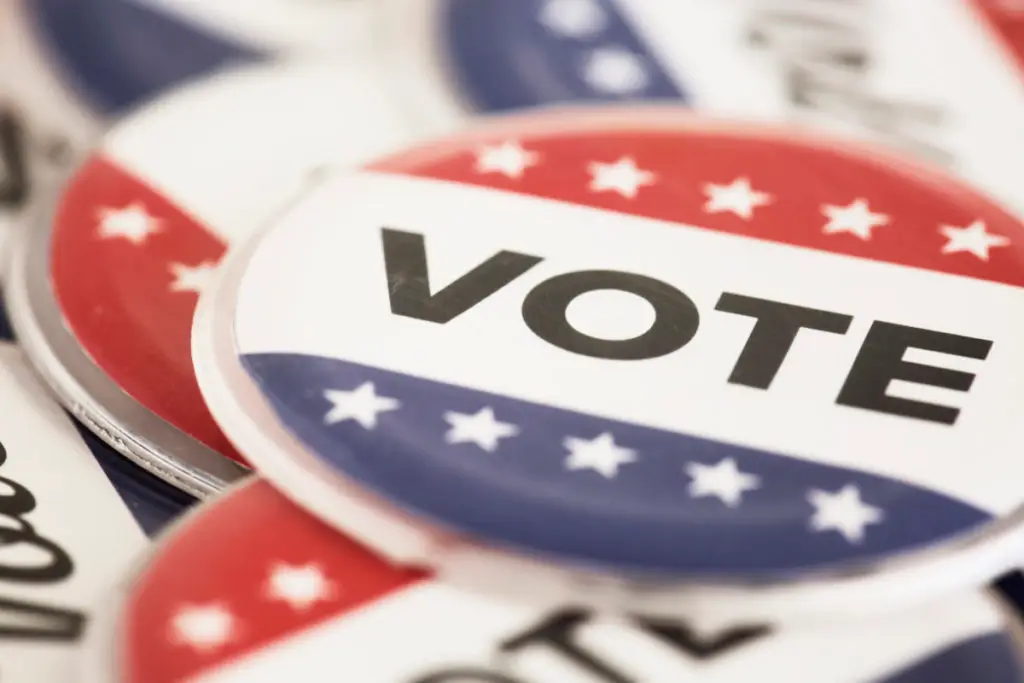Editor’s note: A version of this article appeared in the Arkansas Democrat-Gazette on Nov. 3.
In most election years, individuals can feel like their vote doesn’t make a difference. This year in Arkansas, that could not be further from the truth.
When Arkansans open their ballots, they’ll make an important decision about the fate of Issue 3, the Arkansas Religious Freedom Amendment. As Baptists, we believe this amendment deserves the support of not only people of faith, but of every citizen of the Natural State. Why? Because it adheres to the very best of our nation’s founding ideals and enshrines its protection in Arkansas law for generations to come.
America was founded on certain, distinct principles. Among these unalienable rights––ones granted by God to all people––was religious liberty. The founders of our nation understood that the freedom of belief, and the freedom to apply those beliefs to everyday life, is a foundational truth for a flourishing and free republic. Understanding the history of this concept is important because, prior to its acceptance, there were no limitations on what the state could do to harass or target an individual based on his or her religious convictions.
Arkansas has made a unique contribution to the history of religious liberty. In 1993, President Bill Clinton signed a bill ensuring that no laws may substantially burden a person’s free exercise of religion. But not long afterwards, the Supreme Court said it could only be applied to federal law. That set off a flurry of activity in various states to pass similar protections and enshrine them in their respective state constitutions. Unfortunately, Arkansas was left behind. That is until Governor Hutchinson and the Arkansas Legislature took courageous steps in 2015 to pass the Religious Freedom Restoration Act (RFRA). By voting affirmatively for Issue 3, Arkansans can complete the process and ensure this protection is cemented in the state constitution.
We believe the plain reading of the amendment and the history behind it makes an obvious case for why it deserves broad support. But there are opponents to this action. Generally, those opposed will say this action is redundant or creates a license to discriminate. We strongly disagree on both fronts.
We believe it is an inherent strength that this amendment mirrors the language passed in the 2015 RFRA legislation. That consistency should actually foster trust with voters. Moreover, the functional nature of this amendment elevates the language to the state constitution, meaning religious freedom will be protected from the whims or preferences that come with future elections or changes in state leadership. While that may not seem like an immediate concern, we would remind readers that it wasn’t too far in the past that California was known for its conservative leadership, something that seems unimaginable today. Protecting the rights of future generations is not only the right vote but is wise stewardship for the enduring legacy of this state.
The second critique seems largely formed by misunderstanding the centrality of faith in the lives of individuals or a fabrication of activists who want a public square intolerant of religion altogether. In fact, religious freedom is not about discrimination but about protection—protection of free exercise, of belief, of worship, of conscience. Despite what detractors say, Issue 3 prevailing will not transport Arkansas back to an era of bigotry or racism. Instead, it will ensure the government cannot overrule the consciences of people acting in accordance with their most cherished religious beliefs. Far from being a recipe for anarchy, religious liberty is a prescription for maintaining our society’s health.
So while heading to the polls and casting your vote can seem time-consuming or unimportant, the reality is that your vote is imperative for your state and its future. Voting sends a signal about who we are as a people and what we expect from our leaders. On November 8th, Arkansans have the opportunity to make a difference in this wider moment of cultural confusion and chaos by voting yes on Issue 3 and recommitting once more to religious liberty, our first freedom.
Dr. J.D. “Sonny” Tucker serves as the executive director of the Arkansas Baptist State Convention. Brent Leatherwood serves as president of the Southern Baptist Convention’s Ethics and Religious Liberty Commission.

